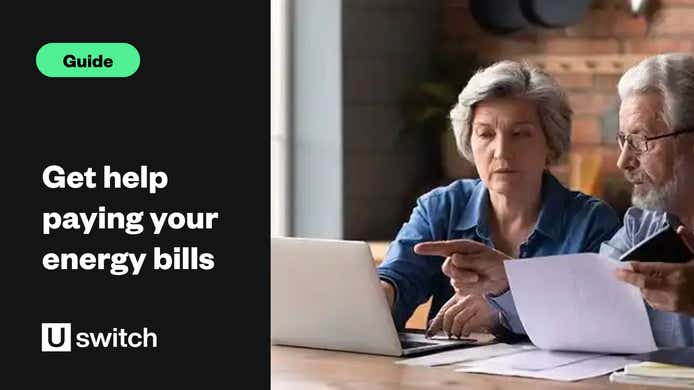As a result of various factors, wholesale energy prices rocketed in September 2021. While they have come down from those heights in recent months, they remain extremely high overall.
The level of the energy price cap is £1,720 from 1 July until 30 September 2025. Even though the cap is decreasing, which means customers will be charged less per unit of energy they use, there are a significant number of fixed deals which offer bigger savings.
What are the figures I need to know?
The level of the price cap is set at £1,720. There are fixed deals that are priced around £150 lower than that level. If you're on a variable tariff which goes up and down according to the price cap, you can save now by fixing your deal.
Looking further ahead, wholesale energy prices could still go up or down so there is the possibility that a fixed deal which is the cheapest option now could become a more expensive option if the price cap drops.
What should I consider when switching energy?
Do consider exit fees. You may change your mind about your fixed deal and want to switch again. But if this happens after your cooling-off period, you might have to pay an exit fee. Not all tariffs have exit fees but most do, so make sure to check the terms of your current tariff.
Do consider the length of the deal. Most tariffs last for 12 or 24 months. During this time the price cap could rise or fall based on market conditions, so consider how long you would like to stay locked in for.
Do stay informed. Keep a close eye on the market and run regular comparisons to see what deals are on offer. If you sign up for alerts, you can stay close to what’s happening in the energy market and find out when a good deal comes along.
Don’t get a deal you can't afford. Make sure you can afford the deal you choose and don’t rush into one that you'll struggle to pay for.
Don’t just look at the direct debit amount. The price you pay through Direct Debit each month is usually based on your estimated energy usage over a year. This may not be the actual cost. Make sure you look at the unit rate and standing charge to work out how much you will be charged for your energy usage. You can also see how it differs from what you’re paying now. Find out more about fixing your energy deal here.
Customers will have to consider their finances and how important price certainty is to them before signing up to a fixed deal. The right decision for someone else might not be the right decision for you, so make sure you consider all your options carefully.
You can compare energy prices and deals that are currently available here.

Run an energy comparison
Click here to compare energy prices and get started on your energy switch.




